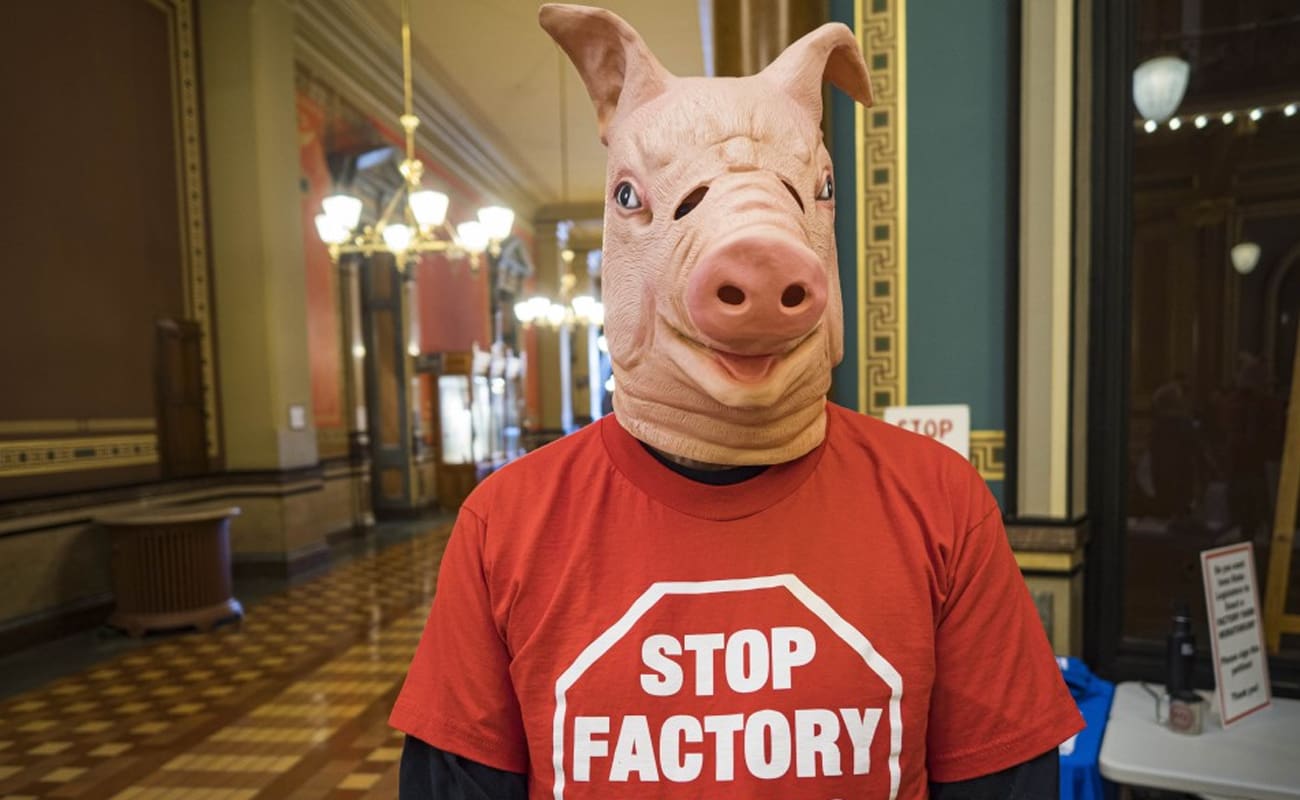L'action communautaire met en lumière le pouvoir des initiatives locales pour induire des changements significatifs pour les animaux, les humains et la planète. Cette catégorie met en lumière la manière dont les quartiers, les associations et les dirigeants locaux s'unissent pour sensibiliser, réduire les préjudices et promouvoir des modes de vie éthiques et durables au sein de leurs communautés. Qu'il s'agisse d'organiser des collectes d'aliments végétaux, d'événements éducatifs ou de soutenir des entreprises sans cruauté, chaque initiative locale contribue à un mouvement mondial.
Ces efforts prennent de nombreuses formes : du lancement de collectes locales d'aliments végétaux et d'événements éducatifs à l'organisation de soutien aux refuges pour animaux ou à la promotion de changements politiques au niveau municipal. Grâce à ces actions concrètes, les communautés deviennent de puissants agents de transformation, démontrant que lorsque les individus travaillent ensemble autour de valeurs communes, ils peuvent faire évoluer les perceptions du public et créer des environnements plus bienveillants pour les humains et les animaux.
En fin de compte, l'action communautaire vise à construire un changement durable à partir de la base. Elle permet à des individus ordinaires de devenir des acteurs du changement dans leur propre quartier, prouvant que les progrès significatifs ne naissent pas toujours dans les couloirs des administrations ou lors de sommets mondiaux ; ils naissent souvent d'une conversation, d'un repas partagé ou d'une initiative locale. Parfois, le changement le plus puissant commence par l’écoute, la connexion et le travail aux côtés des autres pour rendre nos espaces partagés plus éthiques, inclusifs et plus propices à la vie.
Les droits des animaux représentent un engagement éthique profond qui transcende la politique, unissant les gens à travers les cultures et les croyances dans la poursuite partagée de la compassion et de la justice. À mesure que la conscience se développe dans le monde, la lutte contre la cruauté envers les animaux se croit avec des défis critiques tels que la préservation environnementale, la compréhension culturelle et les progrès technologiques. De la lutte contre le bilan écologique de l'agriculture industrielle à tirer parti de l'innovation pour les efforts de conservation, la protection des animaux n'est pas seulement une obligation morale mais aussi une voie pour favoriser la durabilité mondiale. Cet article explore comment les droits des animaux sont devenus une préoccupation universelle, exhortant l'action collective pour un monde plus gentil et plus équitable


























































